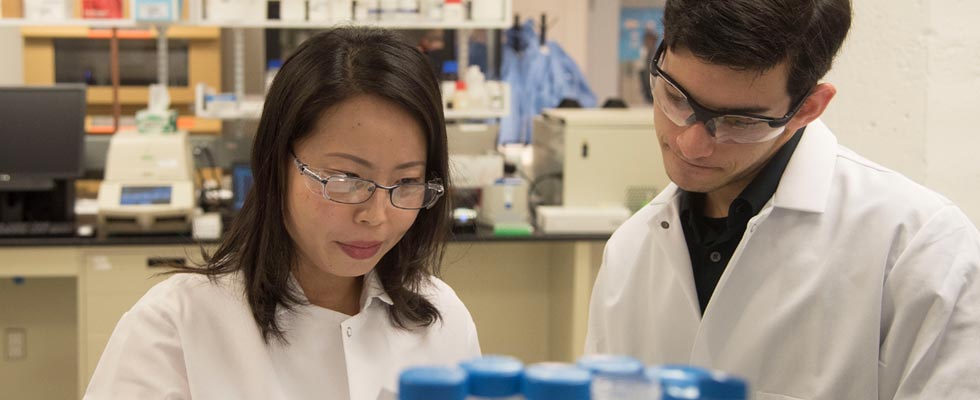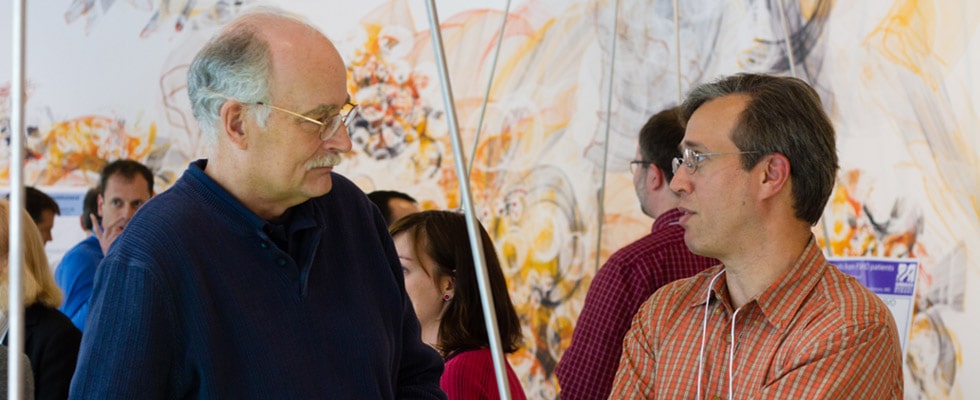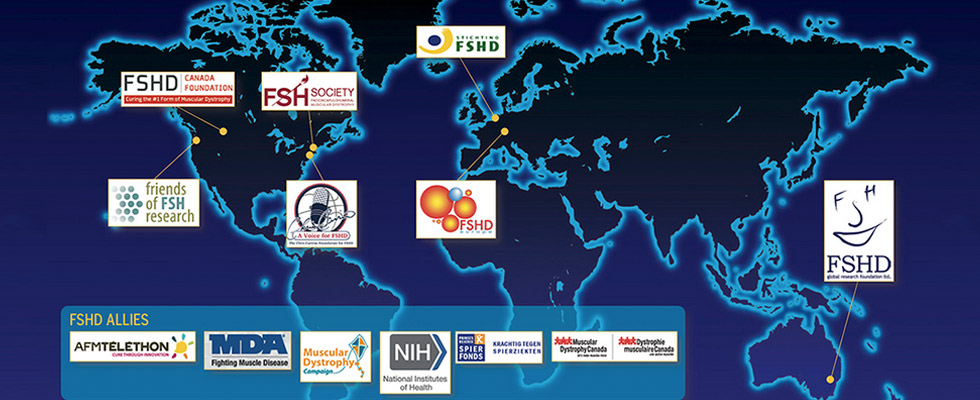
Apply for a Grant
The FSHD Society offers investigator-initiated research grants to support basic, translational and clinical-based research in facioscapulohumeral muscular dystrophy (FSHD). The application process begins with the submission of a brief Letter of Intent (LOI) describing the aims and objectives of the proposal. LOIs are reviewed on an ongoing basis. Once approved, investigators will be invited to submit a full proposal for consideration and review by the FSHD Society's Scientific Advisory Board (SAB).
Application Guidelines
- Preference will be given to postdoctoral trainees, clinical fellows and younger faculty establishing their first independent laboratory (less than 5 years). More established researchers should allow their postdocs and fellows to apply for these awards directly, while providing mentorship and guidance for a successful outcome to the proposal.
- The FSHD Society supports innovative pilot projects related to FSHD pathogenic mechanisms and interventional strategies. Although no preliminary data are necessary, pilot projects should be limited to 1 year or less to confirm the hypothesis and generate sufficient preliminary data to support more comprehensive future studies suitable for submission to either the Society or other funding agencies.
- The FSHD Society will no longer support pre-doctoral training fellowships.
- Awards have ranged from $5,000 to $75,000 per year for a duration of up to two years.
- All payments subsequent to the initial installment are subject to submission of a satisfactory progress report, which is due at six-month intervals. Progress reports will be kept confidential.
- In accordance with the FSHD Society’s Policies on Awards for Research on FSHD, propagatable reagents and biomaterials, including monoclonal antibodies, recombinant DNAs, cell lines, tissue biopsies, and animal models created using FSHD Society funds are to be made freely available to other investigators following publication of the relevant paper.
Letters of Intent (LOI) due by June 12, 2023
- Requirements for LOI submission:
- Description of the intended proposal and specific aims (500 words or less)
- Relevance and impact to the field of FSHD (300 words or less)
- Collaborator's details (if applicable)
Grant proposals (by invitation) due by July 10, 2023
- Requirements for full proposal submission:
- Executive & lay summary
- Proposal including preliminary data (5 pages or less)
- Budget using provided template
- Milestones
- Other Support (Existing/Pending grants)
- Curriculum Vitae (CV) or Resume
Decisions communicated in September/October 2023.
If you have questions, please contact grants@fshdsociety.org.

FSHD Society research awards provide vital startup funding for investigators in FSHD and research projects on FSHD. This program allows innovative and entrepreneurial research to develop and ultimately attract funding from large funding sources such as the US National Institutes of Health (NIH). Without the FSHD Society's research funding, many key initiatives in FSHD research might never have had the chance to begin.
Well over 300 peer-reviewed papers have been published by FSHD Society-funded researchers.
The FSHD Society convenes the annual FSHD International Research Congress to review progress towards scientific goals and set research priorities for the coming year.

Other Grant Opportunities
Researchers, note that NIH and MDA (and most likely AFM and MD UK) are interested in receiving more applications for FSHD projects.

